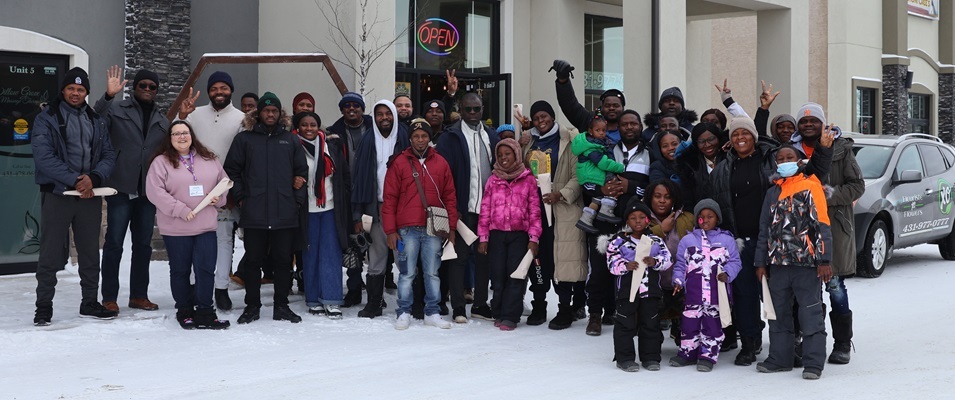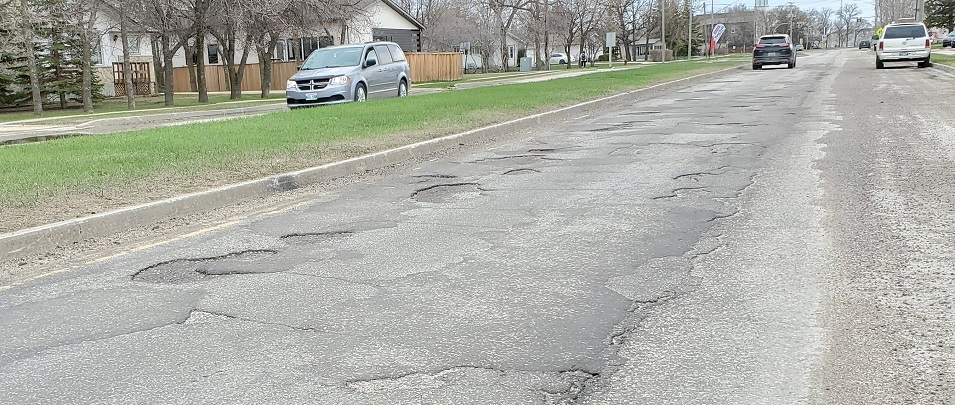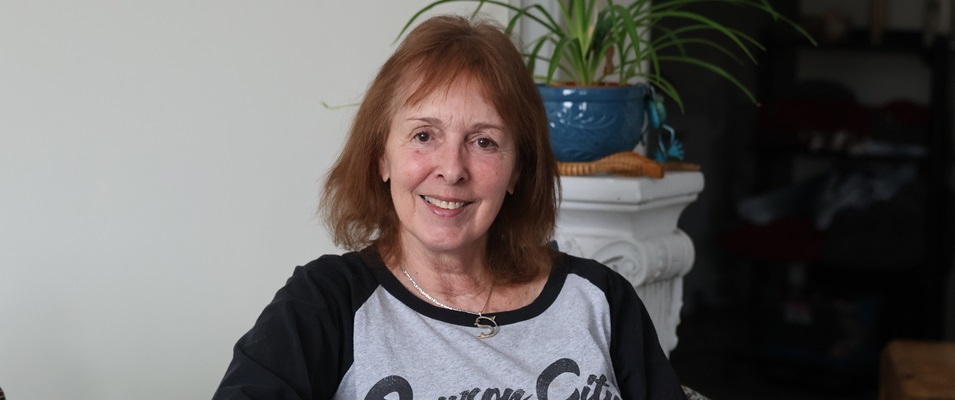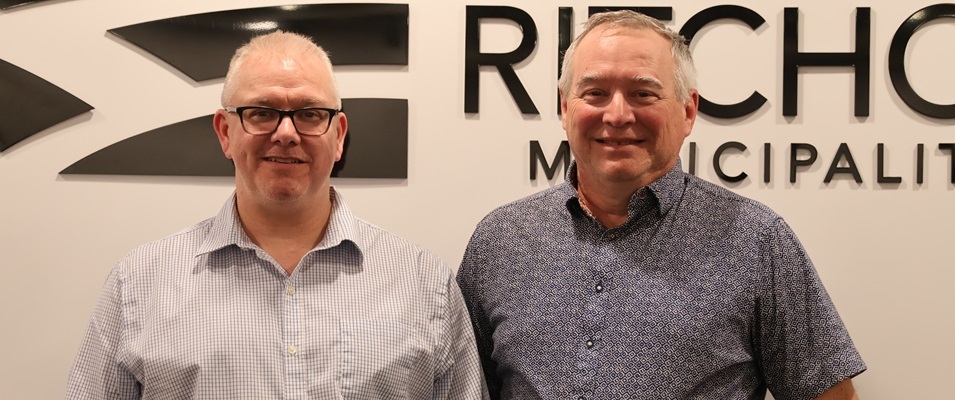
On January 15, approximately 40 new immigrants descended on the community of Île-des-Chênes. For some, it was an opportunity to consider relocating their family to a community outside of Winnipeg. For others, it was simply a chance to see more of what Manitoba has to offer.
For every one of these French-speaking, African-born newcomers aboard a charter bus, it was an opportunity to see and do something completely new.
The rural community tour program is a creation of the Société de la Francophonie Manitobaine (SFM) through an initiative they call “à la découverte du rural”—or, discovering rural Manitoba. Partnering with the SFM is Accueil Francophone, a nonprofit organization whose mandate is to act as a welcoming arm to French-speaking new arrivals.
Janelle Howatt has been an agent for Accueil Francophone for the past two years. Her job is to plan a monthly tour to one of Manitoba’s many francophone communities.
“Basically, it’s to show them life outside of Winnipeg,” Howatt says. “When they arrive here, most of them are settled in Winnipeg and they don’t get to see outside of [the city].”
Since she’s been involved in the program, quite a number of the newcomers on her tours have relocated to rural areas.
The newcomers on Howatt’s bus tours have typically been living in Manitoba for only a few weeks or months. They’re curious, eager, and excited to learn to integrate.
Every one of Howatt’s excursions includes a guided tour around the community, a visit to the local division scolaire Franco-Manitobaine (DSFM) school, and a tour of a local bilingual business.
Attendees of the Île-des-Chênes (IDC) tour were treated to lunch at the TC Energy Centre where presentations were made by the St. Pierre-Jolys employment and bilingual centres as well as a local rural realtor.
“We do a bus tour of the town, so we have a [local] ambassador that shows us around,” Howatt says. “On this tour, we had two high school students jump on the bus and give us a tour of the town.”
The tour ended at Fleuriste XO Flowers, IDC’s bilingual flower and gift shop. Brenda Chaput is the owner and head florist at the shop located on Meadowlark Boulevard. She says she was thrilled when Howatt asked her to be part of the tour.
Tour guests piled into Chaput’s premises, where she offered them a formal welcome. She indulged them with details of her business’s history and why it was important to her to offer bilingual services to the region.
“It’s so important for our clients to know that they can access bilingual services here, because the clients we have are not only passionate about their French history, but they want to be able to express themselves in French in the communities where they live and work,” says Chaput.
She was very intentional when choosing her business name back in 2019, when she first opened shop in IDC. In fact, it was the use of the word fleuriste that led Howatt to reach out in the first place.
Chaput says she’s excited about programs like the SFM tours. Not only do they help familiarize newcomers with rural Manitoba, but they also encourage growth and prosperity in the province’s francophone towns.
“It’s important in rural Manitoba to live community,” Chaput says. “To be a part of the growth, the trials, the events, and the celebrations. Business ownership in a rural community means supporting other small rural businesses and making the effort to promote each other.”
The Accueil francophone tour program is funded by Immigration, Refugees, and Citizenship Canada, a branch of the federal government.




















